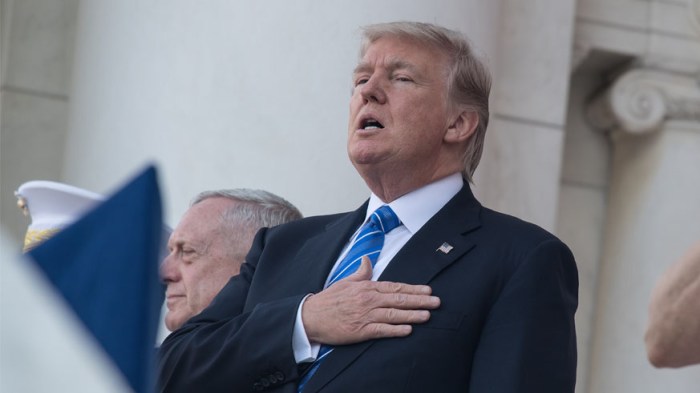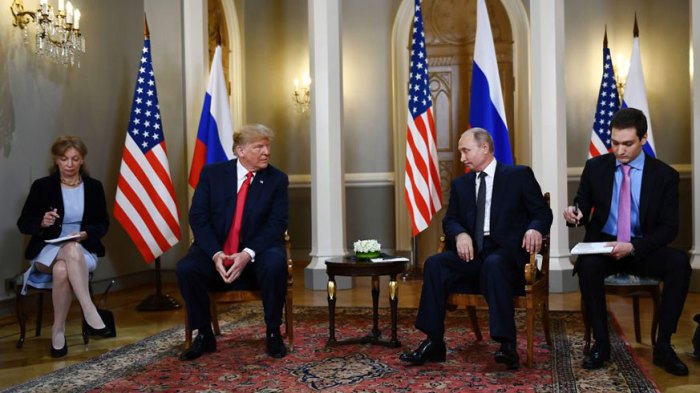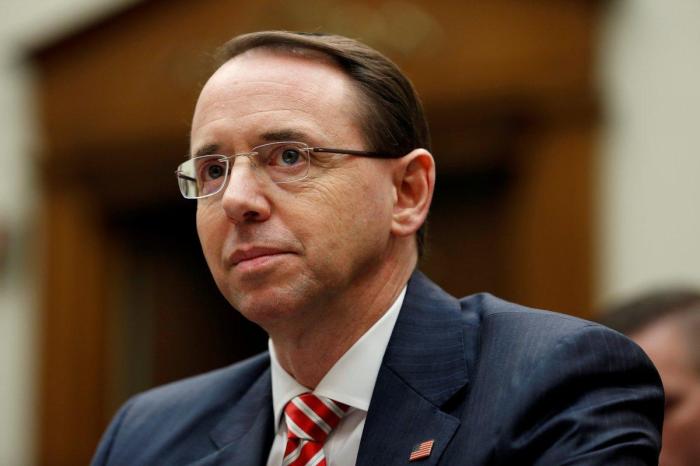Cities that do not cooperate with federal immigration authorities may lose millions of dollars in grant money from the Justice Department, Attorney General Jeff Sessions said on Monday.
So-called “sanctuary cities” help illegal immigrants avoid deportation by limiting cooperation with federal agencies, often by refusing to notify U.S. Immigration and Customs Enforcement when they plan to release an illegal immigrant from incarceration. President Donald Trump, who made a crackdown on illegal immigration a key part of his campaign, ordered the government to cut off funding to sanctuary jurisdictions in a Jan. 25 executive order. That order has yet to be put into action by his administration but Sessions’ announcement seemed to be the first step in doing so. “Failure to deport aliens who are convicted of criminal offenses puts whole communities at risk, especially immigrant communities in the very sanctuary jurisdictions that seek to protect the perpetrators,” Sessions said at a White House news briefing. The Justice Department grants typically are used to help police improve crime fighting techniques, buy new equipment and assist victims of crime.
The Department of Homeland Security has not yet named which jurisdictions they consider to be sanctuary cities but it could have an impact on some of the nation’s largest population centers, including New York City and Los Angeles County, which all have policies that place some restrictions on cooperation between local law enforcement and federal immigration authorities. Three lawsuits have been filed in federal court challenging Trump’s executive order, arguing that it could harm funding unrelated to immigration, such as education.
Sessions did not say whether he would order the Education Department or other federal agencies to choke off funding to sanctuary jurisdictions as well. Courts have ruled the federal government can only cut grant money if it is directly related to a particular violation of federal law. Sessions may find his ability to influence local decision-making through the Justice Department’s purse to be limited, because only a fraction of the Justice Department’s grant dollars flow directly to the cities and counties that determine whether to cooperate with federal immigration agents. In the 2016 fiscal year, federal records show the Justice Department doled out $1 billion to state governments and $430 million to nonprofit groups but only $136 million directly to city and county governments. Session said the Justice Department plans to award $4.1 billion in grant money in the current fiscal year.
Sessions’ statement drew swift pushback from New York state Attorney General Eric Schneiderman, who said his office would continue helping local governments “have the tools they need to protect their immigrant communities.” NO SANCTUARY STATES
So far no state has adopted policies that prevent cooperation with immigration authorities.
Last week, Maryland’s Democratic-controlled House of Delegates approved legislation to bar police statewide from checking the immigration status of individuals they arrest or from keeping them locked up longer than otherwise warranted at the request of federal agents seeking to deport them. The state’s Republican governor, Larry Hogan, has said he would veto the bill.
Sessions is known for being a strong proponent of immigration enforcement.
“I strongly urge our nation’s states and cities and counties to consider carefully the harm they are doing to their citizens by refusing to enforce our immigration laws and to rethink these policies,” Sessions said. He gave as an example Kate Steinle, who was shot to death in San Francisco two years ago by illegal immigrant Francisco Sanchez, who had already been deported five times and had seven felony convictions. Trump also cited the Steinle case during his campaign. The city had released Sanchez from custody in another case even though immigration authorities had filed a request that he be kept in custody until they could pick him up for removal, Sessions said. San Francisco may not be affected by the new Justice Department restrictions, as the city and county did not receive any funding from the department in the most recent fiscal year.
However, Sessions’ order could impact other sanctuary jurisdictions. New Orleans, Philadelphia, Chicago and New York City, which were all singled out as possibly noncompliant by the Justice Department’s inspector general last year, collectively received $15 million in the past fiscal year for projects including crime prevention, and a missing children’s task force. According to Trump’s executive order, Sessions would have to wait until the Homeland Security Department determines what constitutes a “sanctuary city” before he could decide whether to restrict funding. DHS last week published a list of roughly 120 cities and counties that it deems uncooperative, although the agency has not finalized the list.
Attorney general: Sanctuary cities may lose DOJ grants

Reuters


















